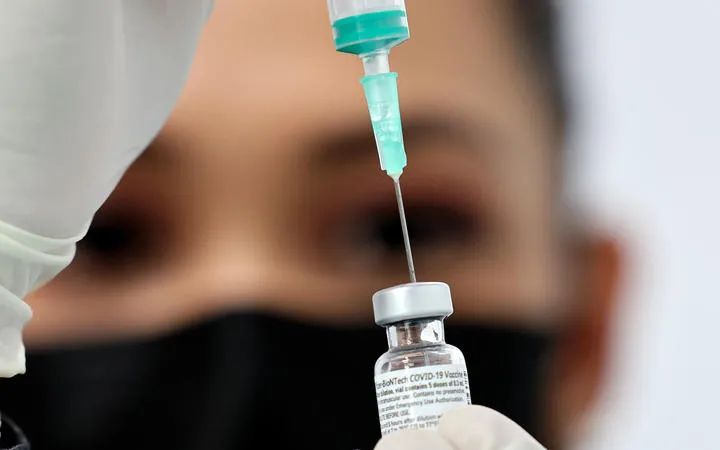Near death experiences
Craig Shearer - 22nd March 2021
NDEs were in the media this week. Radio New Zealand did an interview with Professor Bruce Greyson who has a book out After: A Doctor Explores What Near-Death Experiences Reveal about Life and Beyond.
The interview on RNZ is worth a listen. Jim Mora did a reasonable job of asking lots of skeptical questions.
Greyson describes various reports about the experiences of those who’ve come back after having an NDE. The interesting point is that we have no objective recording of what actually happens. People are describing their memories of the experience, and we know that memories are very much subject to modification with retelling, though in the interview Greyson claims that retelling of these NDEs doesn’t vary over time. To me this seems a little nonsensical.
From what I’ve understood from those who have expertise in neurology it seems more likely that the brain is filling in blanks after the fact and putting together a coherent story about the experience.
Throughout the interview Greyson claims to be a “materialist skeptic” (and uses that term in a pejorative fashion) though he believes that potentially part of ourselves continues after we die. I think this is a giant leap supported only by anecdotal evidence.
One of the examples given in the interview is of a patient who was unconscious being able to supposedly give an account of a conversation Greyson had with her roommate down the hall, describing what they were wearing and what was discussed. This would imply that some external senses of sight and hearing are able to exist separate from our own eyes and ears and record these into memories in our brains. I see a big disconnect here in the implications of this. We close our eyes or block our ears and those senses are muted, but not so when having an NDE. How does this work? These would be the questions that I’d expect that a skeptical researcher would be asking.
There are some fairly extraordinary claims being made in the interview. As always, extraordinary claims require extraordinary evidence. To me, many of the stories presented might well have more prosaic (materialist skeptic!) explanations.
A particular difficulty with this interview is that Greyson is presenting his own re-telling of anecdotes from interviews he’s done with patients over the years. Perhaps his own investment in the field has coloured his thinking.
What we have though is a bunch of anecdotes, but no hard evidence, and a lot of implausibility. I’m reminded of a story that various skeptical surgeons and nurses have put notable and highly visible signs up high in operating theatres that would be noticed (and reported) by patients were they really leaving and floating above their bodies during operations. Such reports have not been received. Incidentally, out-of-body experiences are common during anaesthesia, and it’s certainly possible to induce these experiences in people’s brains through various techniques.
Greyson has appeared in a Netflix series - Surviving Death, which I’ve not watched. It does seem that the publication of Greyson’s book is tied in with the Netflix show, which does make me a little cynical!
